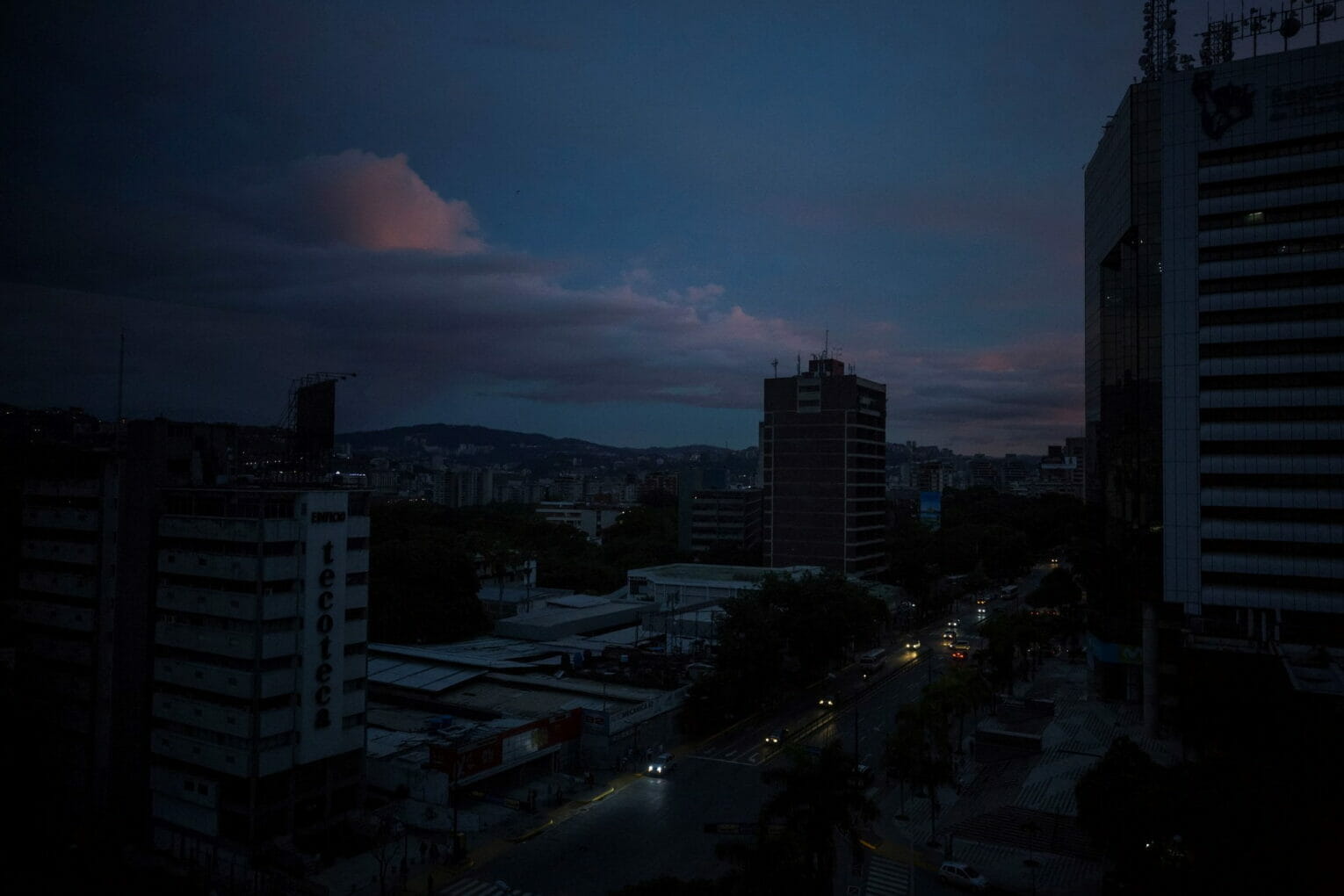(Moldova) – Starting from January 1, 2025, residents of Transnistria will no longer have access to heating and hot water, following the suspension of gas transit through Ukraine. Moscow’s refusal to supply gas through alternative routes exacerbated the situation, leading to the closure of heat and hot water services in the region. The heating energy supplier, Tyrasteploenerho, confirmed the interruption, which has affected residential homes, budgetary institutions, and businesses. However, healthcare facilities with inpatient care are exempt from the suspension.
In its statement, the company advised residents to prepare for the cold by gathering in one room, covering windows and balcony doors with heavy curtains or blankets, and using electric heaters where possible. However, it strictly warned against using gas or electric stoves for heating, citing safety concerns.
The disruption in gas supply stems from the expiration of the transit agreement between Russia and Ukraine, which had allowed for the continued flow of Russian gas to Transnistria. While there are alternative ways to purchase gas from Europe, these options would be significantly more expensive. Additionally, the population in Transnistria is accustomed to very low gas tariffs, which do not reflect the actual cost of gas, making it difficult to secure the necessary funds for continued supply.
Moldova’s Ministry of Energy noted that while gas could still be purchased from Europe, the main challenge lies in ensuring payment for the gas in Transnistria. Furthermore, the shutdown of gas supply to the region also poses a risk of electricity shortages for Moldova itself. Moldova’s state district power plant, which had been relying on Russian gas, has stockpiled coal and fuel oil to help mitigate the crisis. The government in Chisinau has also secured gas reserves for several months and is hoping for assistance from Romania to supply electricity if necessary.
Transnistria has been under Russian occupation since the 1992 war between Moldova and separatist forces. Despite Moldova’s sovereignty over the region, Russian troops remain stationed there, contributing to its ongoing dependence on Russian energy supplies.




















